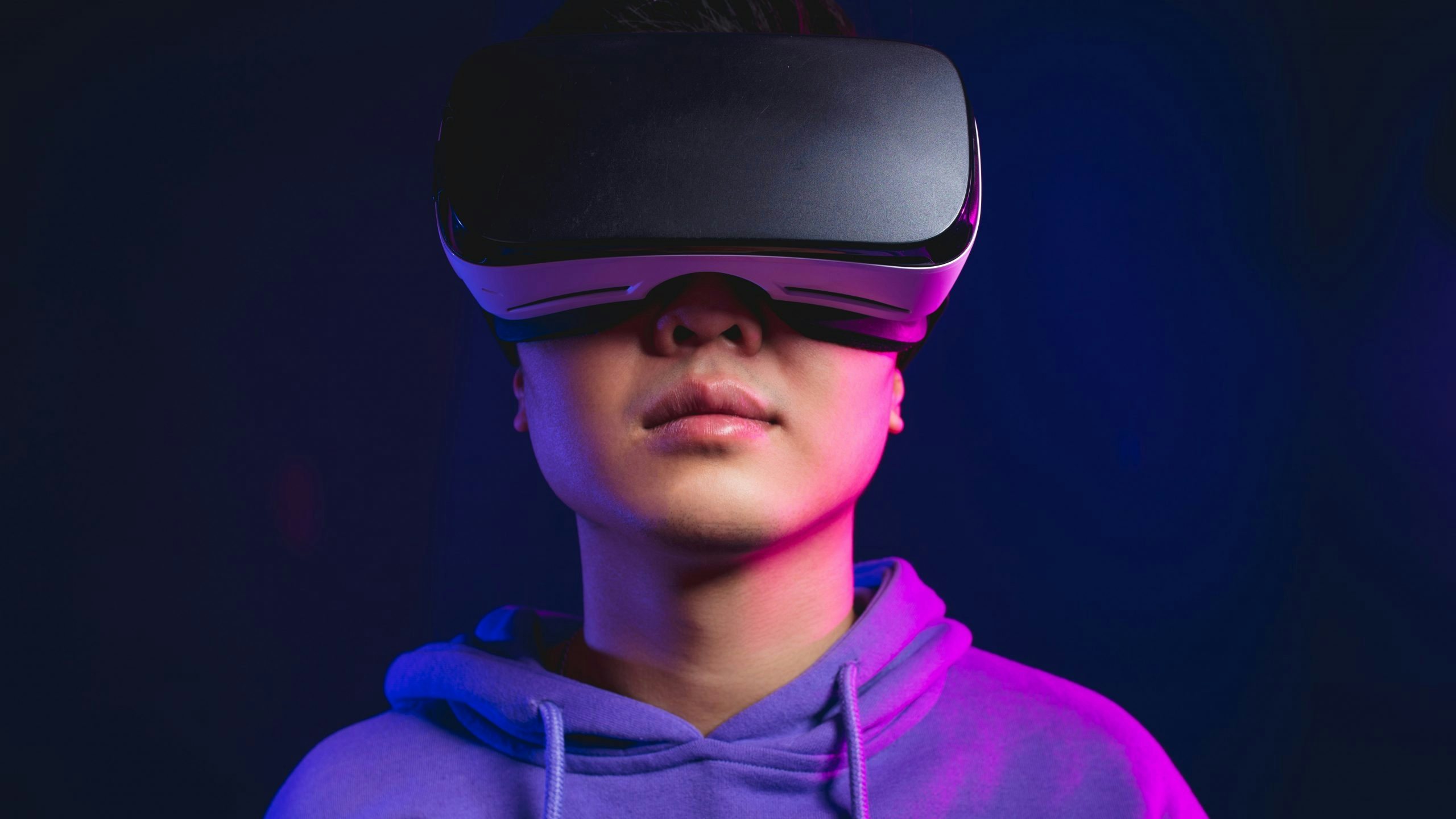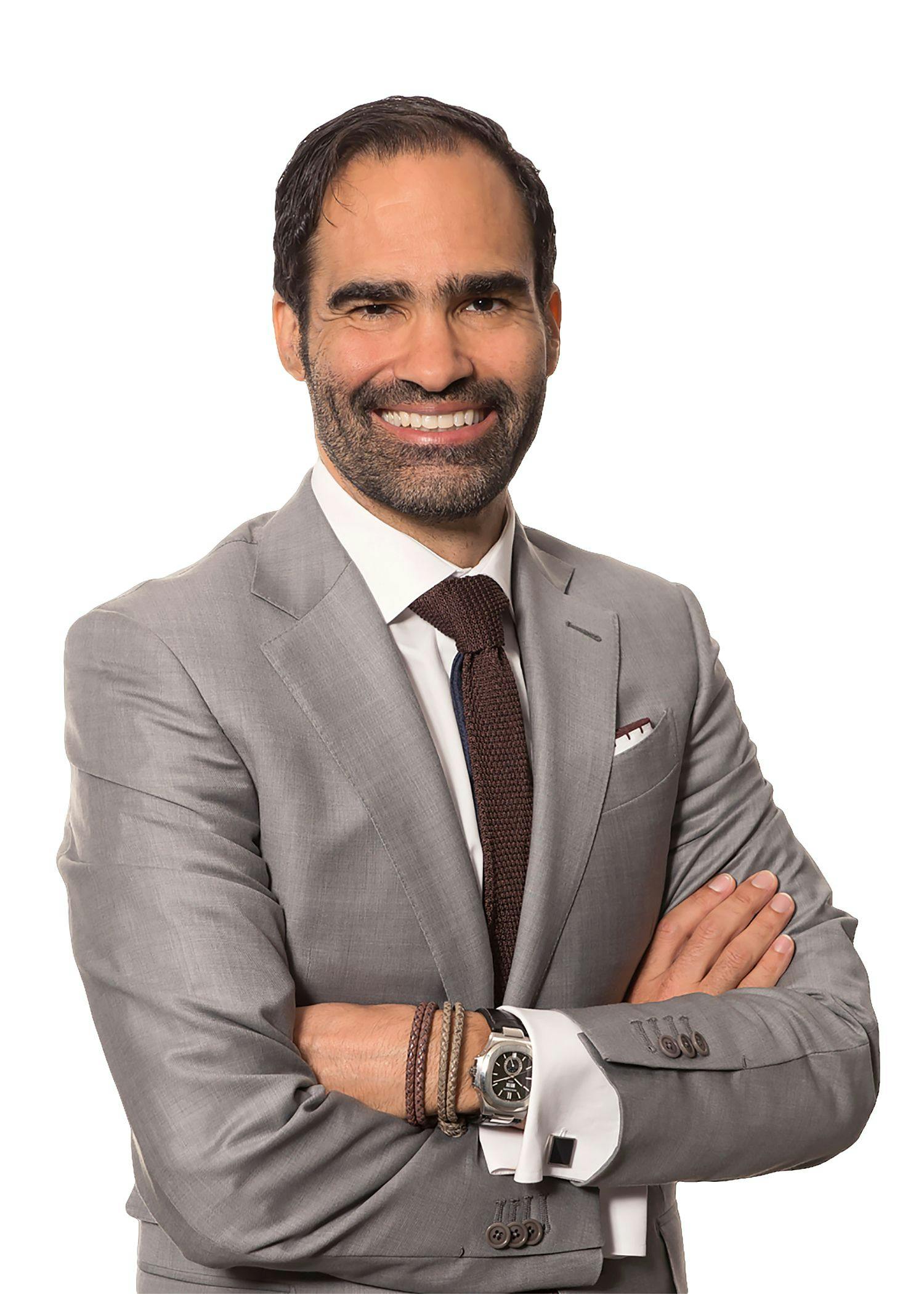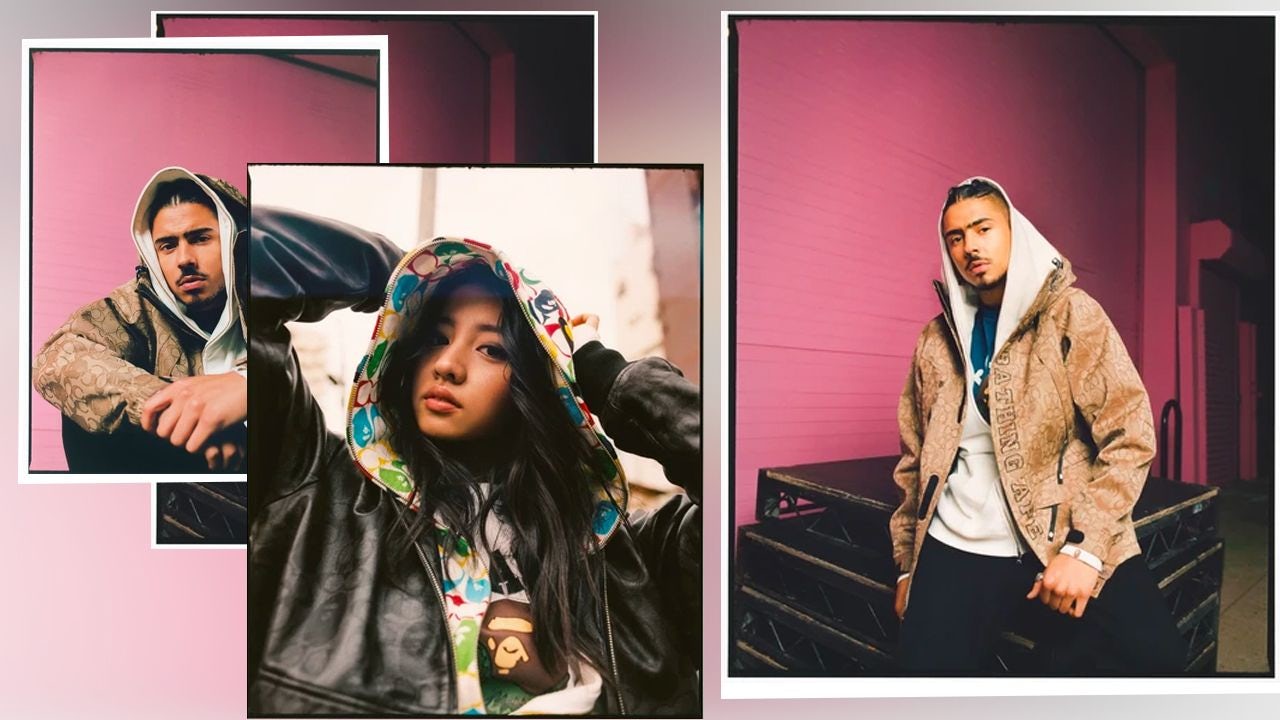Key Takeaways#
:
- More than 90 percent of luxury brand managers admitted difficulties in understanding the needs of Gen Z: the 20-or-under generation that will become the most dominant consumer group within the next decade.
- Empty brand descriptions, like "we provide the most luxurious dresses with the finest materials," do not differentiate brands from their competitors, and they can even be insulting to Gen Z consumers, as they create zero value.
- Today, most brands are just catching up with digital, but they must also create extreme brand value via digital means, or else they will leave themselves vulnerable to competitors.
Depending on the research, it supposedly takes about four to eight weeks to create a new habit. Significantly more time than that has passed since the pandemic began. While there is some optimism at the advent of the first available vaccines, it will still take months to get back to what many would refer to as a “normal” life. Therefore, pandemic habits will be even harder to shake, which is why brands must pay attention to some of these shifts, as many will stick, altering how consumers expect brands to deliver value. For luxury brands, understanding these insights are of particular interest since they depend on creating extreme value.
Reaching young millennials and Gen Zers has been of particular importance for luxury brands, even before the pandemic started. In recent polls by Équité, more than 90 percent of luxury brand managers admitted difficulties in understanding the needs of Gen Z: the most elusive consumer who is age 20 or below. They might not be yet the most dominant consumer group, but they will be within the next decade.
Gen Zers are already the most influential group, as their beliefs, views, and expectations drive the perceptions of older generations to a large extent. Millennials emulate Gen Zers, and Gen Xers (those who are roughly between 40 and 60 years old and the core target of most luxury brands today) get their inspiration and brand preferences from millennials. So, the inability to connect with Gen Z in a meaningful way is not only costing luxury brands the future, but it endangers their current performance. Given the high market volatility caused by lockdowns, restrictions, and the impact of pandemic-related purchase decisions, brands that don’t resonate with Gen Zers are gambling on their future.
The mistake many brands make is trying to please young customers by offering products and collections that are specifically designed for them. Often, these items are not compatible with brand positioning, so they weaken brand equity significantly. Brands like DvF tried hard to please these customers, and by doing so, they lost connection and relevance with existing loyalists. Therefore, brands must hold fast to their core brand positioning. Instead of pleasing customers without really creating value, luxury brands should tap into the desires, values, and considerations that young consumers have. The connection with young millennials and Gen Zers has to come through the entire brand experience — not just through selected items.
Young consumers differ dramatically from prior generations in that they perceive themselves as personal brands. Social media has led to curated lifestyles, within which brands become extensions, expressions, and affirmations of a young person’s brand. Brand associations always existed. But for Gen Zers, it has become the driving force in their decision making. Sustainable practices, diversity or inclusivity, transparency, and corporate social responsibility are more critical value drivers to them than they are for any generation before.
As such, luxury brands need to provide meaning far beyond their products. In my observation, 20 percent, at most, of luxury brands are somewhat providing an authentic, insight-driven, and meaningful brand story, Yet, only about 5 percent of brands do it excellently. Deficits in brand storytelling are harming brands’ ability to connect with young consumers, and they need to be addressed immediately.
The shorter attention span of Gen Zers, which comes as a result of their ability to process many more data points than any generation before, also requires brands to position with much more precision than ever. Empty brand descriptions, like “we provide the most luxurious dresses using only the finest materials,” are completely meaningless and provide no differentiation from competitors. In a pre-millennial world, these descriptors may have been acceptable. But in a Gen-Z-influenced world, they can even be insulting to consumers, as they create zero value. Instead, brands need to be able to communicate their practical and inspirational points of differentiation in under five seconds. Try this with your brand equity definition. If you struggle, you need to make changes.
Équité and IMS Hong Kong initiated an artificial intelligence-powered study in which we analyzed how consumer expectations shift since the pandemic started in China and Japan. The results revealed some additional action areas for luxury brands that will be crucial to address. Aside from a demand for transparency, consumers are becoming significantly more health-focused and are seeking a much-improved quality of life. That is remarkable, as younger generations typically do not focus much on health because those issues still seem far away for them. But that has changed thanks to the effects of the pandemic. Death and illness have come closer to home, and they are driving decisions across categories.
With more of them working from home, many consumers are questioning their previous lives in many ways. The desire to retain a higher quality of life was clear in the study. Brands that can cleverly capitalize on these major shifts can gain a significant competitive advantage. But they will have to manage that in accordance with the brand positioning in an authentic fashion. Nothing is less appealing to young consumers than brands who appear to “try hard.” Total authenticity is critical — there is no such thing as 90-percent authentic.
One obvious post-COVID-19 shift is digital super-acceleration. But luxury brands should not confuse digital transformation by gaining a competitive advantage through digital means. Most brands are merely catching up right now and feel they can safely invest more in digital by upgrading their capabilities. Yet, that is not enough, and they will be in a vulnerable position if they don’t do more. If digital is not used as a tool to win by creating extreme brand value and exceeding the value your competitors generate, your brand will not perform — and it might not survive.
Condé Nast, the iconic publisher of Vogue, GQ, Architectural Digest, and others, is a perfect example of this trap. I had numerous visits with the editors of these major publications over the past few years. And, at every visit, I noticed fewer staff members as their digital counterparts kept hiring more. Condé Nast Global CEO, Roger Lynch, joined the company in 2019 and initiated the digital transition of his magazines. However, in 2020, the brand results were catastrophic. A tech pioneer, Lynch will not only have to accelerate these efforts — he will have to redefine the publishing house digitally and must make it Gen-Z ready. Old recipes will not change anything. A cultural revolution is needed so magazines can create extreme value for Gen-Z consumers. Otherwise, iconic publishers like Condé Nast have no future.
Here is a warning for luxury brands: History will not protect your brand. You must create superior value right now. Therefore, luxury brands have to act or die — it is that simple.
Daniel Langer is CEO of the luxury, lifestyle and consumer brand strategy firm Équité, and the professor of luxury strategy and extreme value creation at Pepperdine University in Malibu, California. He consults some of the leading luxury brands in the world, is the author of several luxury management books, a global keynote speaker, and holds luxury masterclasses in Europe, the USA, and Asia. Follow @drlanger


